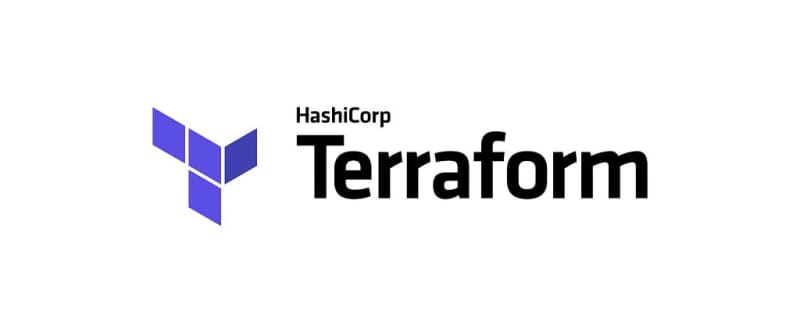An example of using terraform_remote_state to import outputs from other state files
With the data "terraform_remote_state" we can get the outputs of one project to use in another.
For example, our AWS VPC is created separately from AWS EKS (although in the series Terraform: Building EKS, part 1 – VPC, Subnets and Endpoints VPCs were created as part of a cluster, but then I separated them).
So, to create an EKS, we need to pass the VPC ID to it, so from the data "aws_subnets" you can get a list of subnets in which the Kubernetes cluster will be created.
We could hardcode the VPC values - just set the string variable in which to store the values, and in this case, it is a more or less working solution, since the VPC ID is unlikely to change often. However, if you have many values, or they are dynamic, it makes sense to use terraform_remote_state, which can "go to" an AWS S3 bucket of another project and get the current values directly from the state file.
So, we have a project with a VPC module that has an output:
output "vpc_id" {
value = module.vpc.vpc_id
}
It’s already deployed, and we can get this ID from the state using the terraform output:
$ terraform output vpc_id
"vpc-0958e335e1c910ece"
The project state itself is stored in AWS S3 with VPC:
$ aws --profile tf-admin s3 ls tf-state-backend-atlas-vpc/dev/
2023-09-22 15:14:43 81292 atlas-vpc-dev.tfstate
Next, in the project with the EKS module, add data "terraform_remote_state":
data "terraform_remote_state" "vpc" {
backend = "s3"
config = {
bucket = "tf-state-backend-atlas-vpc"
key = "${var.environment}/atlas-vpc-${var.environment}.tfstate"
region = "${var.aws_region}"
dynamodb_table = "tf-state-lock-atlas-vpc-${var.environment}"
}
}
And here, unlike the usual terraform.backend{} configuration, we can use variables.
Create a local variable so that we do not have to change the entire EKS code when there are any changes in the outputs of the VPC:
locals {
vpc_out = data.terraform_remote_state.vpc.outputs
}
And use this vpc_out:
...
data "aws_subnets" "private" {
filter {
name = "vpc-id"
values = [local.vpc_out.vpc_id]
}
tags = {
subnet-type = "private"
}
}
data "aws_subnets" "intra" {
filter {
name = "vpc-id"
values = [local.vpc_out.vpc_id]
}
tags = {
subnet-type = "intra"
}
}
...
module "eks" {
source = "terraform-aws-modules/eks/aws"
version = "~> 19.0"
...
vpc_id = local.vpc_out.vpc_id
subnet_ids = data.aws_subnets.private.ids
control_plane_subnet_ids = data.aws_subnets.intra.ids
...
Done.







Top comments (0)